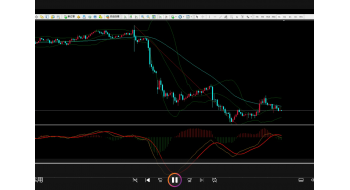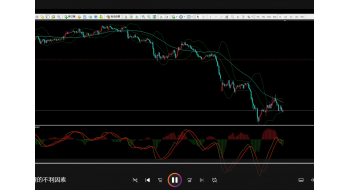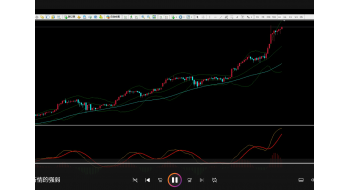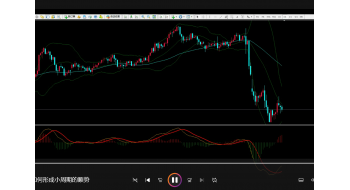周六快递
======
[摘路透社]
-----------------------------------------------------------------------------------------------------------
Snow Says Strong Dollar in U.S. Interest
January 16, 2004 5:40:00 PM ET
By Glenn Somerville
NEW YORK (Reuters) - A strong dollar is in the U.S. national interest but markets should set foreign exchange rates, U.S. Treasury Secretary John Snow said on Friday, speaking on the floor of the New York Stock Exchange.
Snow ducked a reporter's question on whether Washington was heeding European allies' worries about a declining dollar and might support a call for coordinated action to curb its fall.
Instead, he repeated the long-held official line that the United States backs a strong dollar.
``As you know, we don't talk about the relative levels of currencies, but we do have a firm policy. That policy has been articulated by me and my predecessors, over and over.
``We support a strong dollar. A strong dollar is in the national interest,'' Snow said. ``But the best way to establish the relative values of currencies is through open competitive currency markets,'' he added.
``I don't think it is appropriate for me to comment on the levels of currencies, but rather to articulate our support for the strong dollar,'' Snow said.
Snow held a private meeting with the new chief executive of the New York Stock Exchange John Thain, before touring the bustling trading floor, where Snow stopped to discuss the latest evidence of strengthening U.S. economic activity.
``We're encouraged by the direction of the economy,'' Snow said, noting that new claims for unemployment insurance pay were on the decline and that inflation remains low.
``All (these signs) indicate that we are on a good path for recovery,'' he said.
Snow added that the Bush administration would propose increased spending to battle financial crimes.
He said the administration wants to increase the budget for the Financial Crimes Enforcement Network, or FINCEN, the agency's financial crimes bureau that tracks money flows and is a key part of the administration's war on terror finance.
At a briefing in Washington, the Treasury said the 2005 budget will propose a funding rise of more than 12 percent for FinCEN, which would bring its annual budget to $64.5 million. The increase would go toward expanding FinCEN's efforts to share money laundering data with state and local law enforcement and boost outreach efforts for industries covered by new anti-money laundering reporting regulations. FinCEN received an 11.3 percent budget increase for the current budget year.
The Office of Foreign Assets Control, which maintains the list of U.S.-designated terrorists and their financiers whose U.S. assets are to be frozen, is seeking a rise of a bit less than 4 percent, to $22.5 million a year. Treasury declined to specify what the proposed increase would go for, saying details would be released when the budget is unveiled in February.
In the 2003 budget year, the government spent $2.156 trillion, while taking in only $1.782 trillion, to post a record $374.25 billion budget gap. |
 栾雪-趋势线的合理运用27 人气#名师视频
栾雪-趋势线的合理运用27 人气#名师视频 栾雪-交易中应该规避的不利因素32 人气#名师视频
栾雪-交易中应该规避的不利因素32 人气#名师视频 栾雪-多种因素判断行情的强弱33 人气#名师视频
栾雪-多种因素判断行情的强弱33 人气#名师视频 栾雪-大周期的调整如何形成小周期的顺势30 人气#名师视频
栾雪-大周期的调整如何形成小周期的顺势30 人气#名师视频